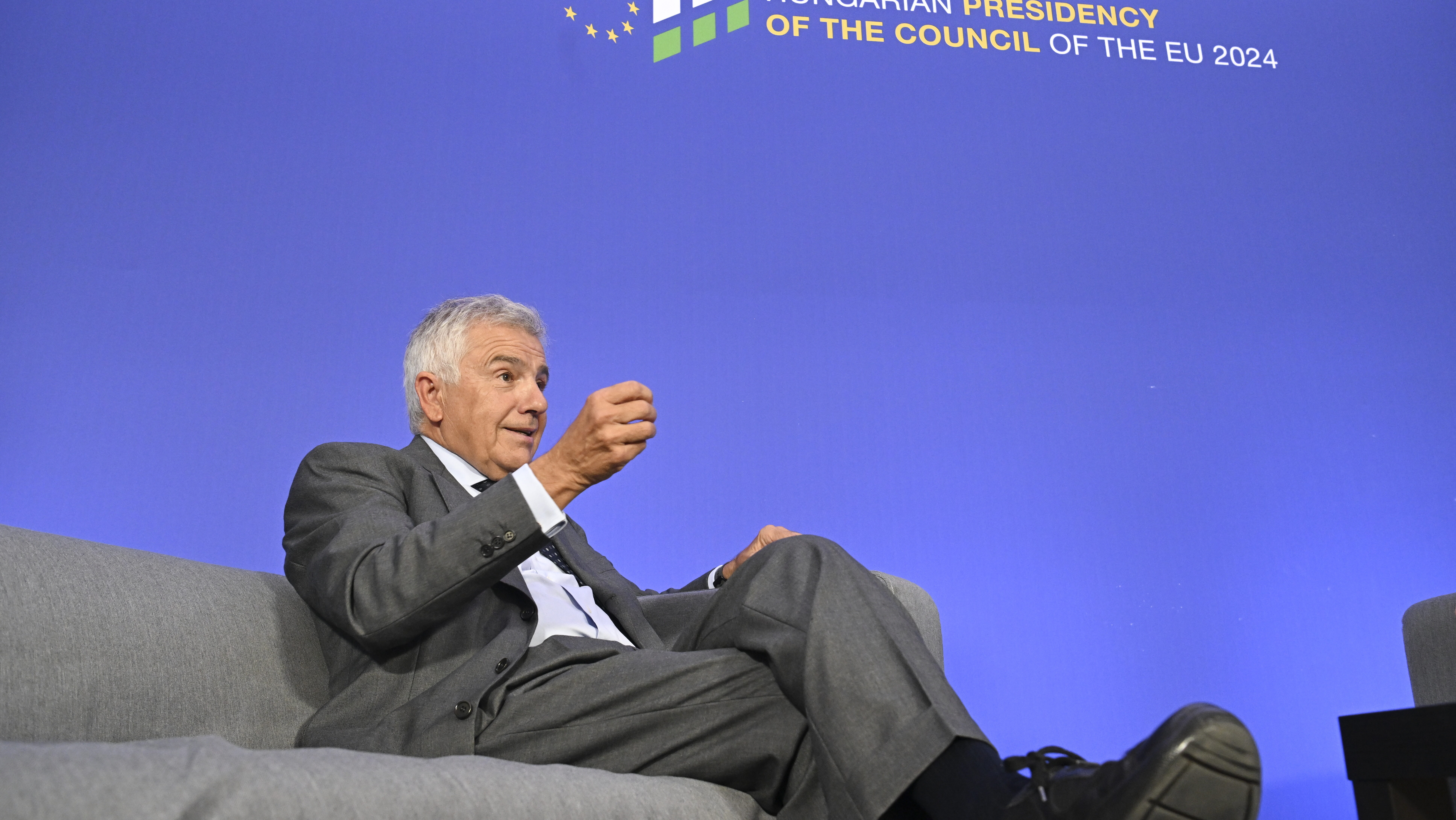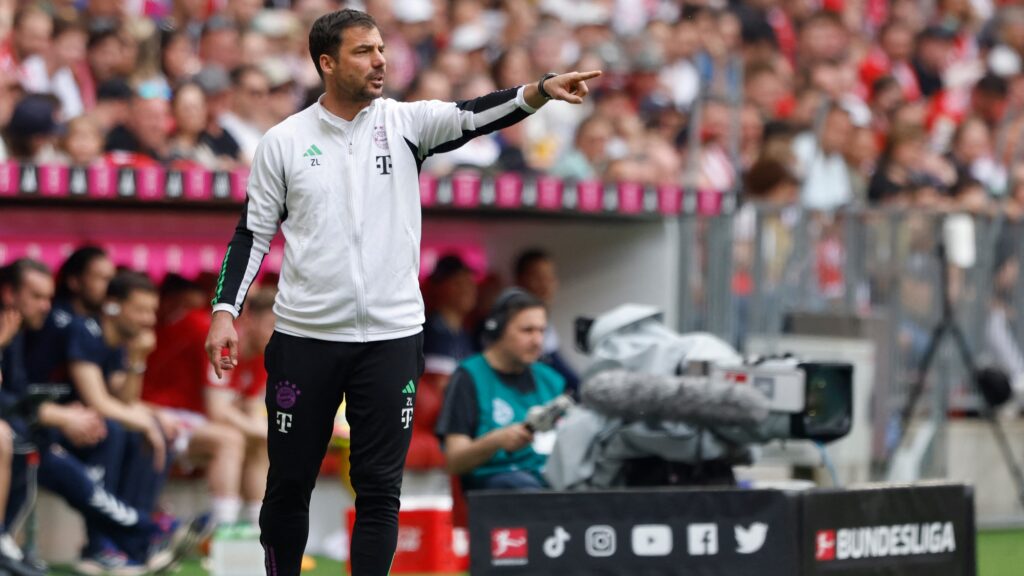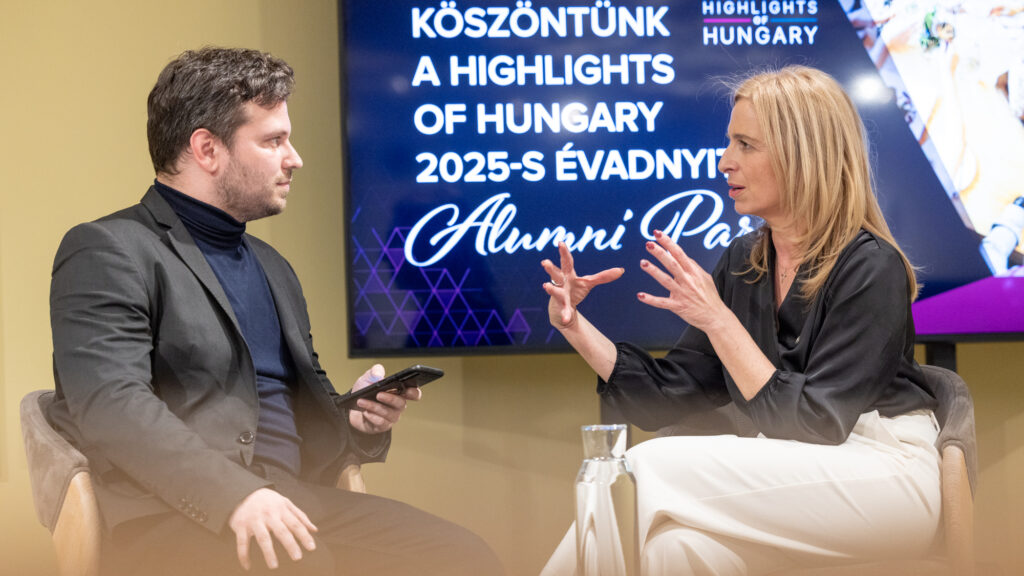Juan Antonio Samaranch Jr., Vice-President of the International Olympic Committee (IOC), gave an interview to MTI regarding the prospects of a potential Budapest Olympics. The 64-year-old sports leader was speaking at an international conference of sports officials, organised in connection with Hungary’s ongoing EU Presidency. Samaranch initially pointed out that applying to host the Olympic Games is currently a very complex undertaking.
‘You need a strong bid, and then you need a very good team, which is already available here, as Hungary has excellent professionals with extensive experience in organizing international sporting events. In addition to all this, success also requires the applicant country and city to seize the right opportunity and have a bit of luck,’ Samaranch said, citing a personal example from his own experience. He noted that Madrid had submitted bids three times in a row but failed each time and never attempted again afterward. However, the IOC eventually awarded the next three Olympics to Paris, Los Angeles, and Brisbane without going through a traditional bidding process.
‘At the moment, there has been no official interest from Budapest, and since the Olympic hosting rights are allocated until 2034, the first opportunity to bid would be for 2036. I know both the Hungarian capital and the country well, and I must say that Hungary is one of the most significant cities and countries in world sport, especially in Europe. Hungary has extensive experience in organizing major international events, along with the passion and competence to do so. Therefore, I wouldn’t be surprised at all if we receive an official inquiry from Hungary to the IOC in the near future,’
Samaranch, who also serves as Vice President of the International Pentathlon Federation (UIPM), stressed.
‘Hungary has extensive experience in organizing major international events, along with the passion and competence to do so’
‘Budapest and Hungary have everything needed to host an Olympic Games and could certainly hold the event, but they must be prepared for a very serious competition if they decide to bid for one of the Summer Games,’ he said.
Samaranch is one of seven candidates vying for the position of IOC President this spring. He expressed his desire to preserve the universality of Olympism as a way to unite the world’s youth. ‘There are currently more than 55 armed conflicts around the world, not just the ones we read about in the newspapers. These conflicts involve drama, suffering, and many refugees, making it crucial to maintain the universality we already have. By doing so, we can demonstrate that athletes from different parts of the world can live together in peace, while competing on the field in accordance with the rules we’ve mutually agreed upon,’ he said.
He further added: ‘In an era of conflict and division, our mission is to offer hope, showing that there is far more in our lives that unites us than divides us.’
The vice president also emphasized the importance of the IOC keeping pace with technological developments, which he believes are significantly shaping the world. To remain relevant, the Olympic Games must be interesting, exciting, and appealing to younger generations. ‘The Olympics themselves are not the most important aspect; rather, we should view them as a communication tool through which we can promote and convey Olympic values,’ Samaranch concluded.
Related articles:








